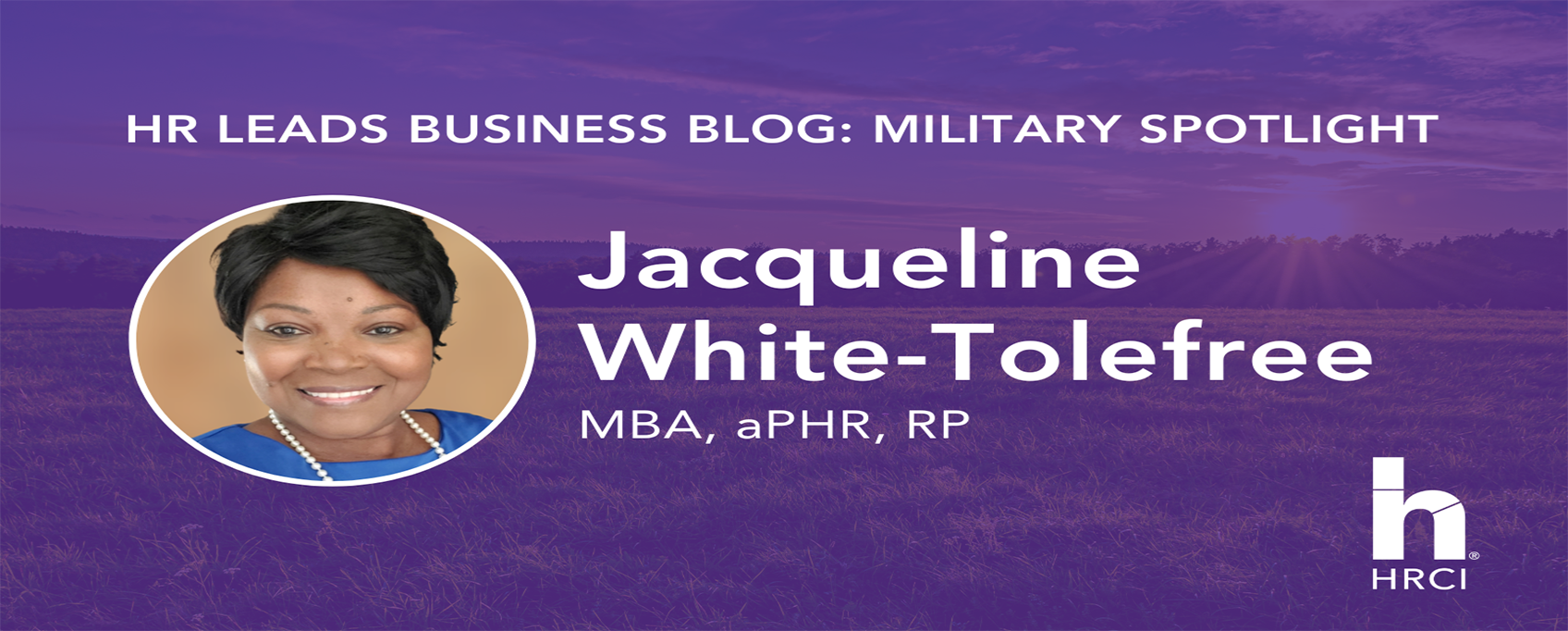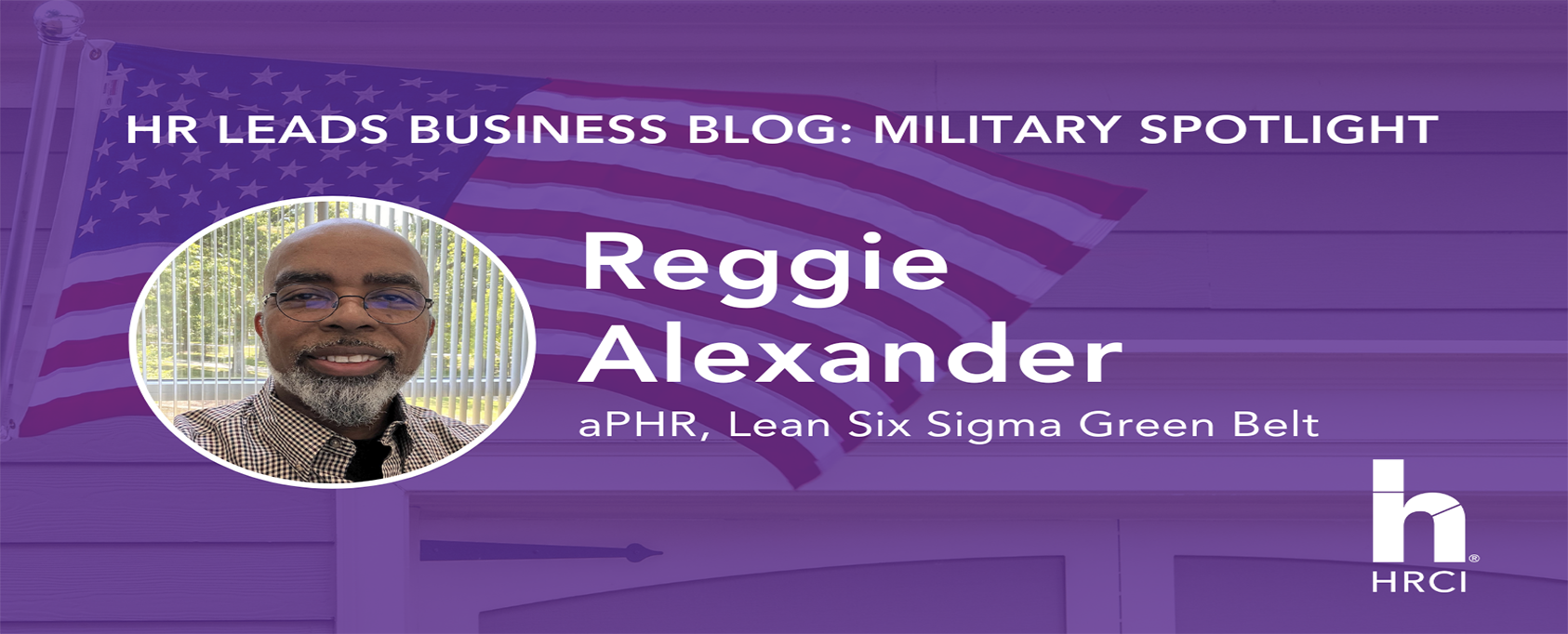
Human Resource Development Corporation (HRD Corp) and Promeritus SDN BHD, the key strategic partner of HR Certification Institute (HRCI®) in Malaysia, signed a memorandum of understanding during HR Corp’s annual flagship event, the National Human Capital Conference & Exhibition (NHCCE) 2023.
f8d9258e537e6cd8aac9ff00006e5b37.png?sfvrsn=5ea74961_0)
The Equal Employment Opportunity Commission (EEO) issued proposed workplace harassment guidance with comments due by November 1st. A Subcommittee in the House of Representatives held an oversight hearing examining the Occupational Safety and Health Administration (OSHA). The EEOC reported undertaking additional litigation in the recently completed fiscal year and the Labor Department and Federal Trade Commission entered into a memorandum of understanding to increase collaboration.

In today’s tumultuous workplace—where so many situations are complex, uncertain, and highly fluid—leaders must be open to new ways of thinking and working. Instead of leadership agility being characterized as a rare superpower, I think we need to begin thinking of it as a fundamental leadership competency.
f6aa2e8e537e6cd8aac9ff00006e5b37.png?sfvrsn=5ad44261_0)
The first Monday in October marks the start of a new term for the US Supreme Court and the court will review a Title VII gender discrimination case. Bipartisan legislation has been introduced that would allow Section 529 plans to be used for expenses for workplace training certification and credentialing programs.

Members of Congress have introduced proposals that would increase the federal minimum wage, which was last increased in 2009.

The U.S. Department of Labor has released its long awaited proposed rule raising the salary basis threshold under the Fair Labor Standards Act (FLSA) that would be used in determining the exempt status of executive, administrative, and professional employees.

The Equal Employment Opportunity Commission has issued a proposed rule implementing the Pregnant Worker Fairness Act (PWFA), which became effective on June 27th.

Delegation. It’s a two-way street. If you’re a manager or leader, it’s a way to empower your team and help your direct reports grow, develop, and operate more autonomously. It’s also a means to balance your workload and survive today’s fast-paced, always-too-much-to-do workplace.

The Department of Homeland Security finalized a rule allowing employers who participate in E-Verify the option of completing the I-9 employment verification form electronically. In response to the summer heat wave, President Biden has directed the Department of Labor to take steps to protect workers.

The United States Supreme Court ruled that in order to deny a requested religious accommodation by an employee, Title VII requires employers to show substantial increased costs would result.

For professionals like Jacqueline White-Tolefree an HRCI certification came with a sense of pride and accomplishment. Her aPHR not only inspired Jacqueline to strengthen her leadership skills, but also to pursue higher education in a field that she loves.

HRCI has partnered with the world-renowned online learning platform Coursera to launch the HRCI Human Resource Associate Professional Certificate.

At the end of its most recent term, the United States Supreme Court ruled that admissions systems that considered the race of applicants violated the Fourteenth Amendment’s Equal Protection Clause. The Pregnant Workers Fairness Act became effective on June 27th and the Equal Employment Opportunity Commission (EEOC) released an updated poster that employers must display. The House Committee on Education and the Workforce held a hearing recently on skills-based hiring.
.jpg?sfvrsn=dd85d368_1)
In its semi-annual regulatory agenda, the U.S. Department of Labor indicated that the Fair Labor Standards Act (FLSA) proposed regulations concerning exemption from overtime and minimum wage requirements and determining independent contractor status won’t be released until August.

As a military veteran, Reggie faced a unique set of culture sifts when he switched to a civilian HR career. Earning an HRCI certification gave him the confidence and knowledge to succeed. Reggie Alexander, a former military personnelist shares his journey of transitioning from the military to the civilian sector, and how he achieved his HR certification.